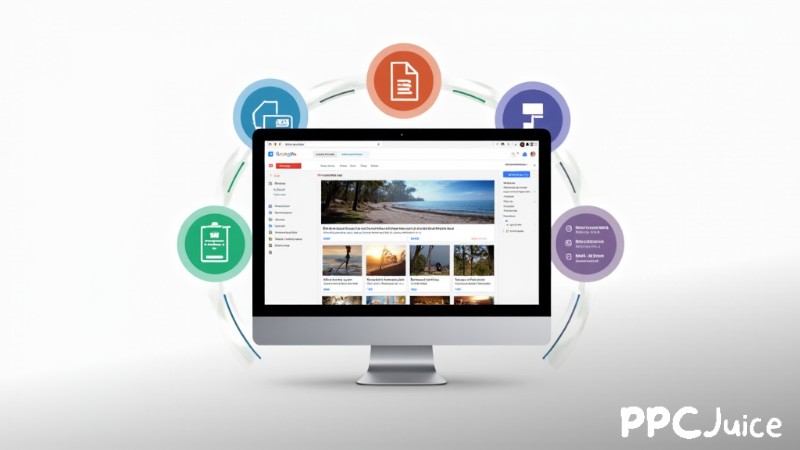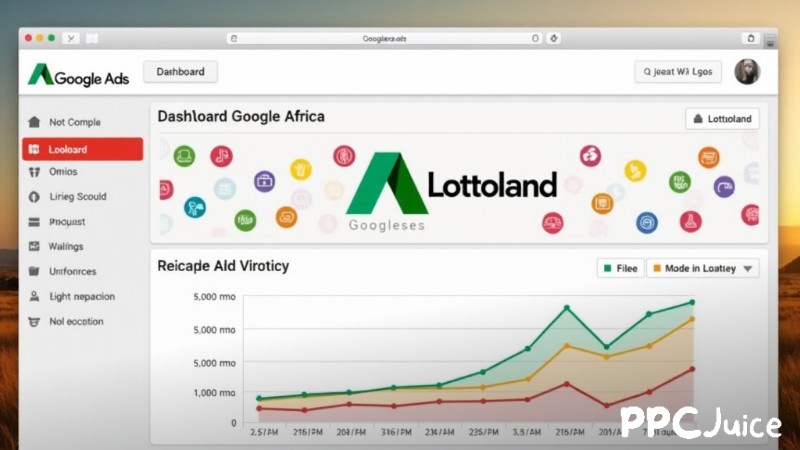
Due to AI-powered solutions and the dominance of digital giants, the global advertising sector is undergoing a dramatic upheaval. The sector is expected to bring in £782.65 billion in revenue by the end of 2024, according to research by GroupM and Bain & Company, and it is expected to keep expanding.
With more than half of the entire advert income expected to be collected, Google, Meta, ByteDance, Amazon, and Alibaba will further establish their dominance in the digital advertising market. According to GroupM, digital advertising will expand by 9.5% and then by an additional 7.7% in 2025.
In an increasingly cut-throat digital economy, AI-driven personalisation is quickly becoming a vital tool for firms trying to differentiate themselves. 45% of consumers are receptive to sponsored advertisements, according to Bain & Company research, provided that the adverts are relevant to their interests.
Key Takeaways
The global advertising sector is expected to reach £782.65 billion by the end of 2024, driven by AI-powered solutions and digital giants.
- Digital advertising will expand by 9.5% in 2024 and an additional 7.7% in 2025, with Google, Meta, ByteDance, Amazon, and Alibaba dominating the market.
- Retail media is becoming a major development area, with revenue expected to reach £25.51 billion by 2028, driven by customized, data-driven ads.
- The advertising sector must adapt to AI-driven changes, leveraging data-driven strategies and AI-powered solutions to stay relevant and successful in an increasingly dynamic market.
The rise of retail media
According to the most recent data from 2024, digital retail media advertising spending in Europe is now at €13.83 billion (approximately £11.4 billion), indicating that retail media is quickly becoming a major development area. The capability of retail media to provide customised, data-driven ads is what is driving this expansion. Retail media revenue is therefore predicted to continue to outpace TV ad revenue, with expenditure more than doubling to an anticipated £25.51 billion by 2028.
AI-driven advertising transformation
The advertising sector is changing dramatically as large platforms invest in AI-powered solutions to improve campaign execution and market insights, enabling brands to deliver more personalised and targeted advertising experiences.
According to Bain & Company and GroupM, traditional media are struggling to match the success of digital platforms, which use AI and data-driven tactics to stay ahead. The ability to leverage these tools and adjust to shifting consumer preferences will be essential for firms hoping to thrive as digital advertising evolves.
Data-driven strategies will be the foundation of future advertising, with AI playing a key role in driving revenue growth and customer engagement. Those who embrace these changes will be best positioned to succeed in the rapidly evolving, automated, and impactful advertising world.
Harnessing AI for growth
The worldwide advertising sector must manage the revolutionary effects of artificial intelligence (AI) on its business models in order to stay relevant and successful in a market that is becoming more dynamic due to technological breakthroughs and changing customer expectations. In order to remain ahead of the curve, advertisers are proactively modifying their tactics.
Leading the charge in this shift is Google Ads, which provides AI-driven solutions to help companies expand their consumer base, open up new performance avenues, and boost sales. Advertisers may choose the best keywords and allocate funds for their ads with the help of tools like Keyword Planner and Performance Planner.
In September 2024, Google introduced new features to enhance AI-powered campaigns, including more generative AI tools, additional insights, and greater control for advertisers. These advancements enable brands to create ads that adapt to show more relevant messages to a broader audience while meeting ROI goals.
Through the strategic application of data-driven insights and AI-powered solutions, brands can create a competitive edge in an increasingly crowded marketplace, strengthen their relationships with their target audience, and unlock new income potential.
Conclusion
To fulfil changing customer expectations, the advertising industry will need to leverage AI-driven customisation, retail media, and data-driven strategy. As technology continues to rapidly transform the global digital advertising landscape, AI will be critical in generating sustained revenue growth and strengthening long-term customer relationships. Advertisers who adapt to these trends will be well-positioned to succeed in an increasingly competitive and dynamic market.

